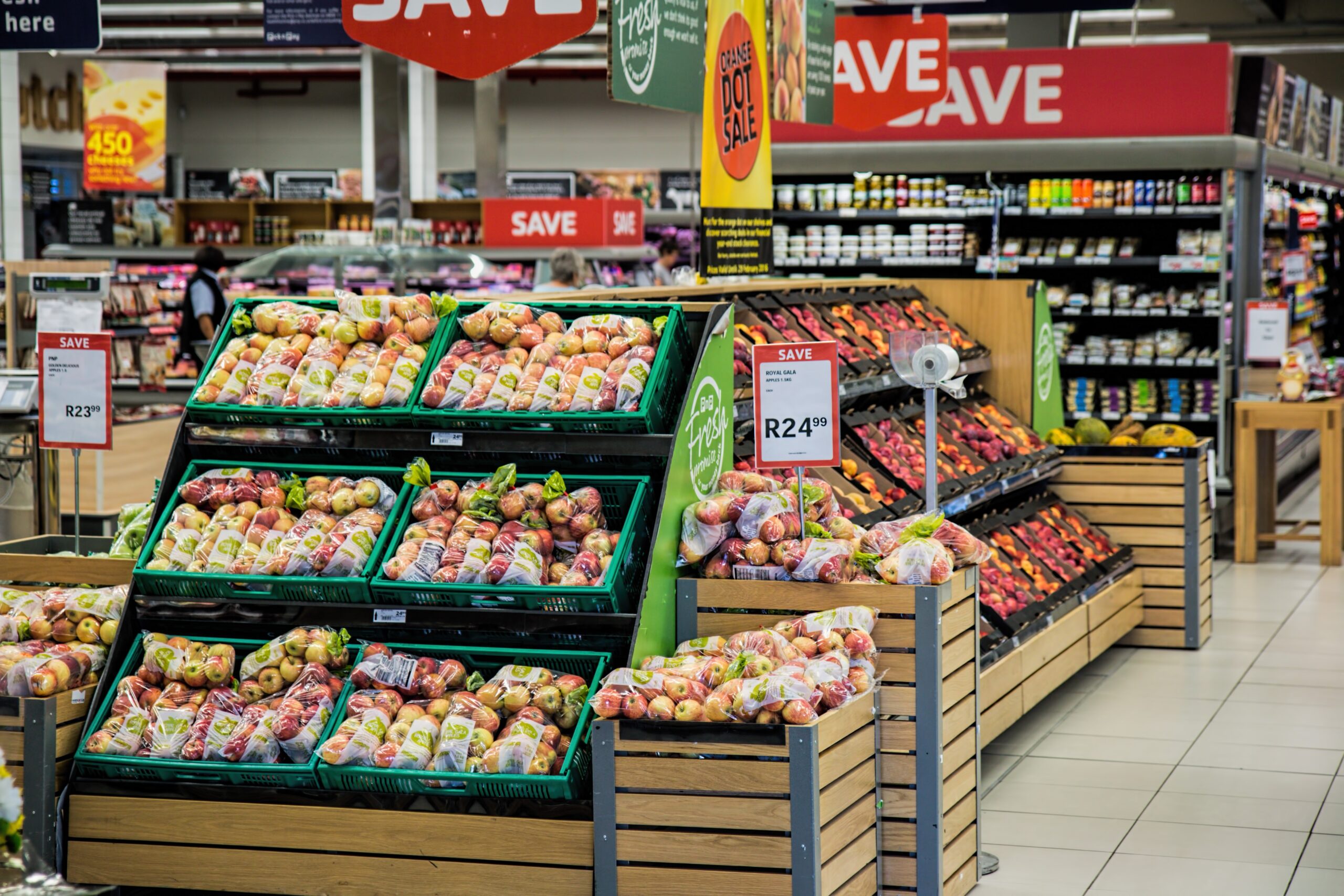The grocery sector consistently experiences surplus products due to various reasons. These surpluses often lead to waste or reduced profits. But did you know you can turn these surplus groceries into a viable revenue stream? In this guide, we delve into the ways businesses can harness the power of surplus and convert it into a lucrative opportunity.
Understanding Grocery Surpluses
Surplus groceries are products that exceed the immediate demand. They could result from over-purchasing, seasonal fluctuations, damaged packaging, or impending expiry dates.
Transforming Surplus: A Sustainable Business Model
- Donations and Tax Benefits
- Businesses can donate excess products to food banks and shelters. While this might not provide direct profits, it could offer tax benefits, reinforcing the company’s social responsibility profile.
- Discounted Sales and Flash Deals
- Introduce flash sales or discounted sections in stores. This encourages quick sales and attracts price-sensitive consumers.
- Partner with Online Retailers
- Collaborate with online platforms specializing in selling surplus or near-expiry products. These platforms have dedicated customer bases looking for such deals.
- Bulk Selling to Restaurants or Cafes
- Offer bulk deals to restaurants, cafes, or other businesses that can utilize surplus in their daily operations.
Building Trust with Transparency
Maintaining transparency about the reason for the surplus ensures trust. If products are nearing their expiry, it’s essential to disclose this to customers. Quality assurance tests can also bolster confidence in these products.
Embracing Technology for Inventory Management
Utilizing advanced inventory management systems can minimize surplus creation. Predictive analytics can aid businesses in anticipating demand, thereby optimizing stock levels.
Developing a Surplus Grocery Ecosystem
Collaborate with logistics providers, NGOs, and local communities to develop a dedicated ecosystem for managing surplus groceries. Such a network ensures quick distribution, reducing waste, and maximizing profits.
Optimizing Packaging for Longer Shelf Life
Invest in innovative packaging solutions that extend the shelf life of products. This not only reduces surplus but also minimizes waste, contributing to sustainable operations.




